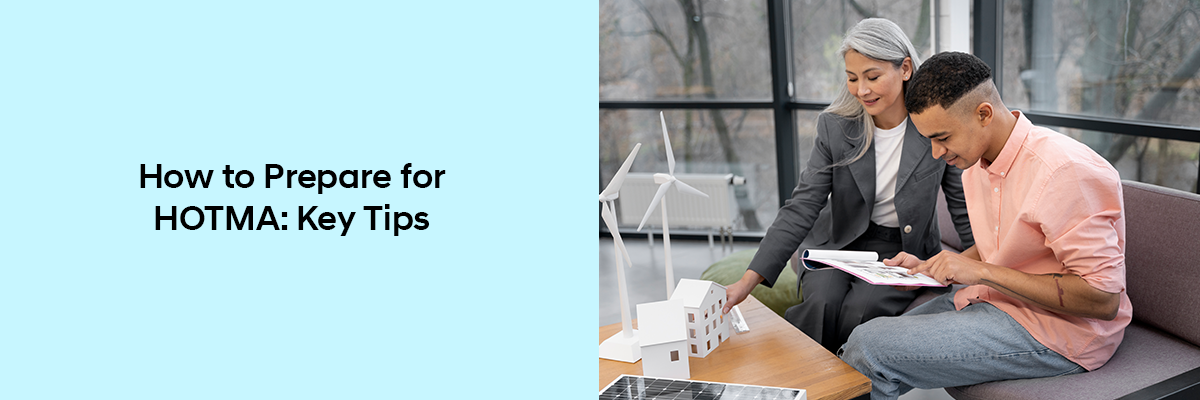The Housing Opportunity Through Modernization Act (HOTMA) is a pivotal piece of legislation aimed at streamlining and improving federal housing assistance programs. As housing agencies, property owners, and tenants adapt to the changes brought by HOTMA, it is essential to prepare effectively for its implementation.
Below are key tips to ensure readiness and compliance.



1. Understand the Legislation
Before diving into preparations, familiarize yourself with HOTMA’s provisions. Key aspects include:
- Adjustments to income calculations.
- Streamlined inspection requirements.
- Changes to project-based voucher programs.
Resources such as HUD’s official website and guidance documents can provide valuable insights into the law’s scope and implications.
2. Assess Current Policies and Procedures
Review your existing policies and procedures to identify areas that may need adjustments. Key areas to assess include:
- Tenant eligibility criteria.
- Rent calculations.
- Inspection protocols.
Ensure that your current practices align with HOTMA’s requirements to avoid compliance issues.
3. Engage in Staff Training
Equip your team with the knowledge and tools they need to implement HOTMA effectively. Offer training sessions on:
- Income and asset calculation changes.
- New inspection standards.
- Updated documentation requirements.
Regular workshops and access to updated training materials can help staff stay informed and confident in their roles. Explore HOTMA webinars for in-depth training and updates.
4. Update Technology and Systems
Adopting technology can simplify the transition to HOTMA. Consider:
- Upgrading software to accommodate new income and rent calculation rules.
- Implementing digital tools for streamlined inspections.
- Enhancing data management systems to ensure accurate reporting.
Investing in the right technology can improve efficiency and reduce errors.
5. Communicate with Stakeholders
Open communication is critical for a smooth transition. Inform stakeholders, including tenants, property owners, and partner organizations, about HOTMA’s changes. Use:
- Newsletters.
- Community meetings.
- Online resources.
Providing clear, concise information can help stakeholders understand and adapt to the new regulations.
6. Monitor Compliance and Adjust
Once HOTMA is implemented, regularly monitor your operations to ensure compliance. Establish:
- Internal audit processes.
- Feedback mechanisms for staff and tenants.
- Continuous improvement plans.
Being proactive in monitoring and adjusting practices can help address challenges early and maintain compliance.
7. Seek External Expertise
If you encounter complexities in implementing HOTMA, don’t hesitate to seek help. Collaborate with:
- Legal experts specializing in housing laws.
- Consultants with experience in HUD regulations.
- Peer networks for shared insights and best practices.
External expertise can provide valuable guidance and alleviate the burden of navigating intricate requirements.
8. Stay Updated
HOTMA regulations may evolve, so staying informed is crucial. Subscribe to:
- HUD newsletters.
- Industry publications.
- Webinars and conferences.
Remaining updated ensures that you’re always prepared for any new developments or adjustments.
Conclusion
Preparing for HOTMA requires a proactive and organized approach. By understanding the legislation, updating policies, training staff, and leveraging technology, you can ensure a smooth transition. Open communication with stakeholders and continuous monitoring further solidify your readiness. With these steps, housing agencies, property owners, and tenants can embrace HOTMA’s changes confidently and effectively.


